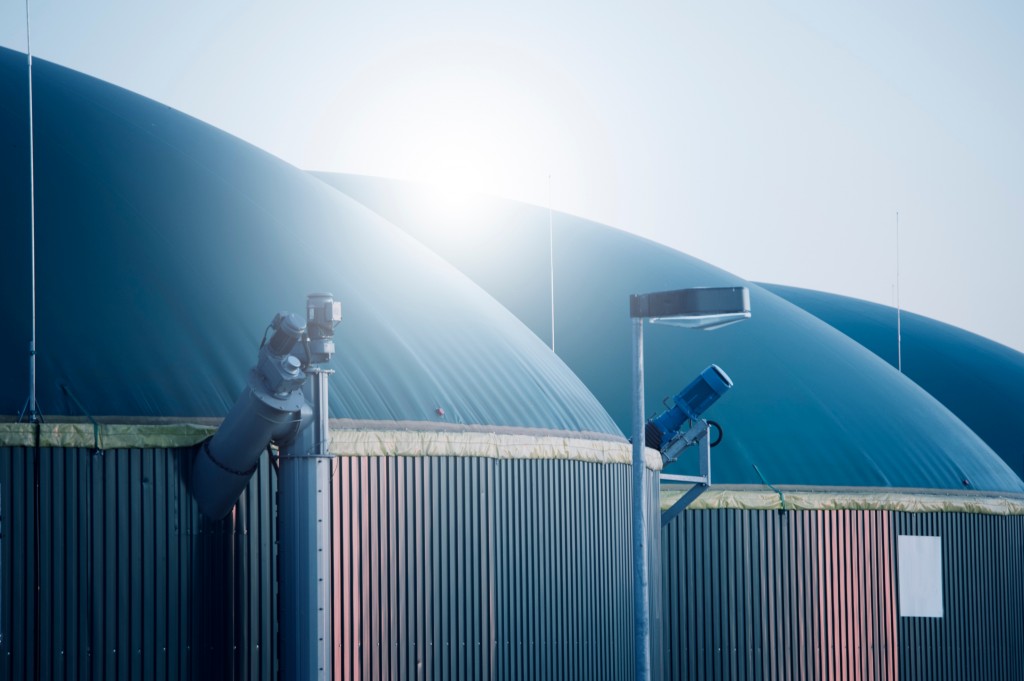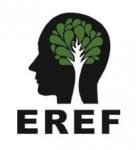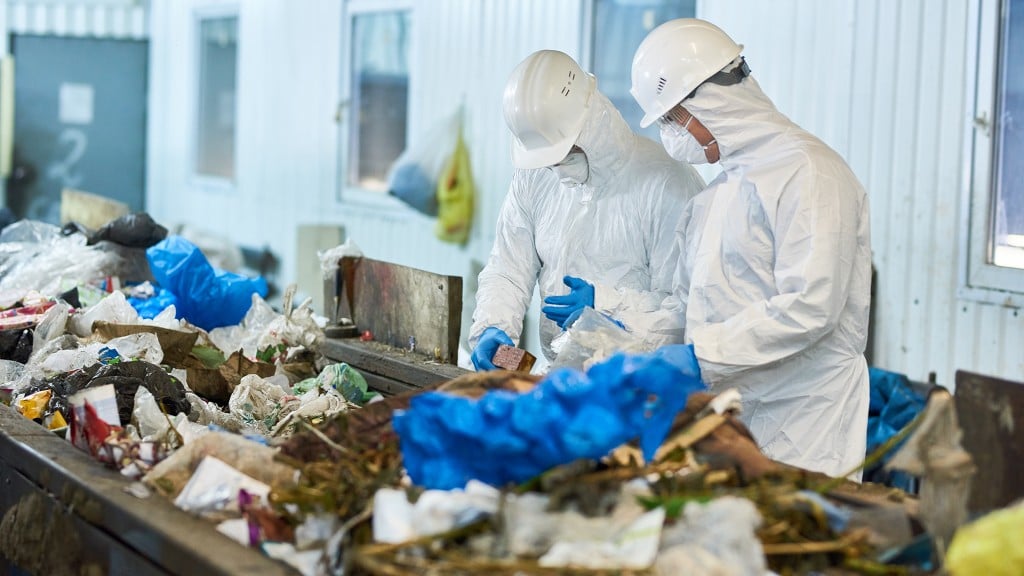Environmental Research & Education Foundation (EREF) launches survey of anaerobic digestion facilities
Project meant to help better understand the amount and type of waste being managed by AD facilities

The Environmental Research & Education Foundation (EREF) has launched a comprehensive survey to better understand the amount and type of waste being managed by anaerobic digestion (AD) facilities.
In previous EREF work on anaerobic digestion, 25 stand-alone AD facilities processing municipal solid waste (MSW) were identified across 13 states and 156 co-digestion of MSW facilities were identified across 27 states. EREF estimated that these facilities processed 784,037 tons of MSW in 2013, but researchers expect that number has increased.
"Anaerobic digestion plays a critical role in the present and future direction of solid waste management," says Bryan Staley, Ph.D., P.E., EREF's President and Chief Executive Officer. "It's important to have a complete view of the entire waste management landscape, which includes AD."
The project involves several stages.
The first stage will collect data directly from all types of AD facilities that digest MSW including: stand-alone, on-farm and wastewater treatment plants. Information to be collected will include the quantity of waste accepted in calendar years 2016 and 2019, waste sources (such as residential, commercial, etc.) and maximum processing capacity.
The second stage consists of aggregating and analyzing the data collected. EREF will aggregate data by state, region, and nationally. Data will also be analyzed for spatial (e.g. state, regional) and temporal trends in the U.S.
The survey of anaerobic digestion facilities is part of a larger effort by EREF to update its 2016 report on Municipal Solid Waste Management in the U.S.: 2010 & 2013. Throughout this effort researchers will be collecting data from landfills, waste-to-energy facilities (WTE), recycling facilities, composting operations, and AD facilities. Facility-specific data will be collected through state agencies and direct facility contact for waste collected in calendar years 2016 and 2019.
The non-profit organization is seeking stand-alone facilities that digest MSW and on-farm and wastewater treatment plants that co-digest MSW that accepted MSW in 2016 or 2019 to participate in the project.



